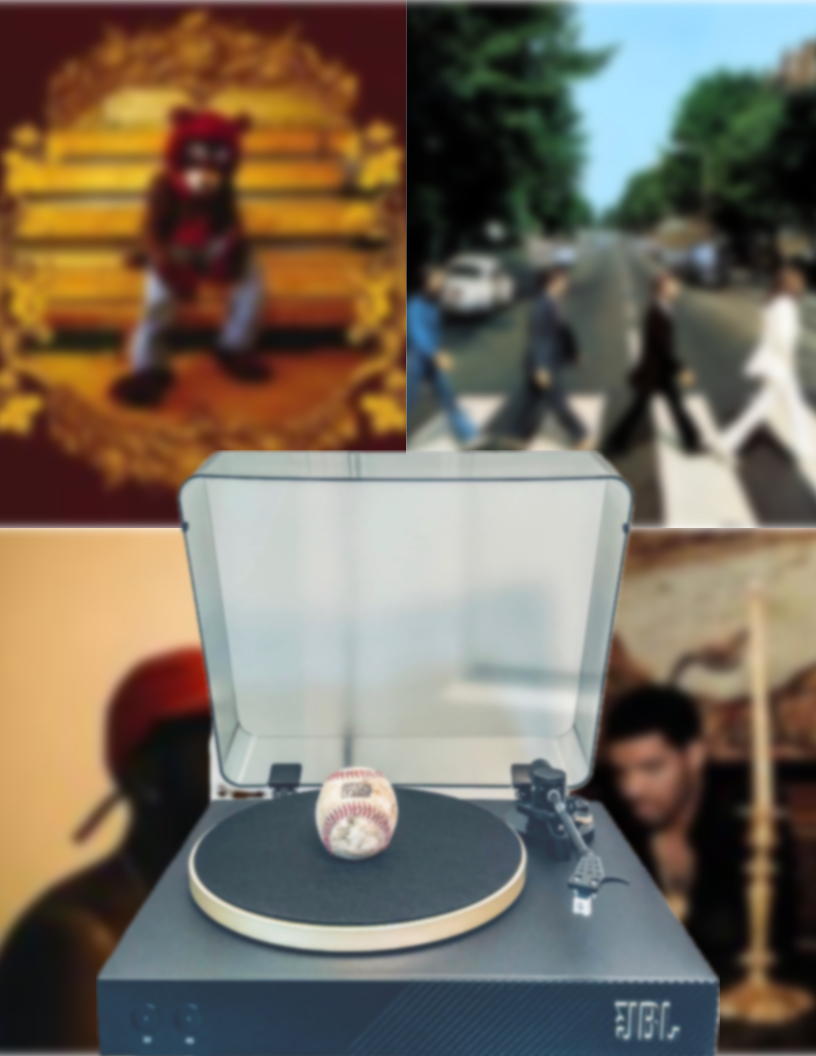By Henry Weitz
In May of 2024, former Michigan football students Denard Robinson, Braylon Edwards, Michael Martin and Shawn Crable filed a $50 million lawsuit against the NCAA and Big Ten Network in September 2024. The Wolverines claimed that the NCAA organization unlawfully withheld name, image, and likeness compensation (NIL) the players believed they were entitled to during their college careers. The role of NIL today remains dynamic. Colleges now have to come up with inventive ways to round up funds while obeying NCAA regulations.
His year in college sports, many schools have introduced a new way of making money off of college sports. Some schools charge fans for talent, raise concession prices, or even increase student tuition to get more money. This is seen occurring in power schools, while smaller schools scramble to compete.
For their 2025 football season, the University of Tennessee have added a “talent fee” to football tickets, a 10 percent increase to their regular prices. The University of Arkansas has decided to charge 3 percent in their stadium concession sales. Athletic Director Hunter Yurachek claims the hike in concession prices is to “maximize additional revenue opportunities” for student athletes and their school. The two schools are equally contributing to the surge of college football ticket prices.
At Clemson University, a program who once prided themselves in not charging students for tickets, have decided to add a “talent fee” to semester tuition. A talent fee is exactly as it sounds, all students enrolled who once had to pay nothing, will now be charged for roughly the price of a clemson ticket, even though they might not attend a game. The Tigers aim to raise between $7 million and $8 million to contribute to their athletic program. Clemson has reached the national title game four times in the last decade and won twice.
“But if you don’t pay the right guys, you’ll be s— out of luck.”
Nick Saban
Up North, the University of Michigan and their rival Michigan State have taken a different approach to rounding up funds for their respective programs. Each school sent letters to their boosters alerting them of some new developments for the upcoming season. The main idea behind both letters was simple, winning is going to start costing more. In Ann Arbor, the Wolverines are coming off an underwhelming 7-5 season despite winning the National Championship the year prior. But Michigan looks to bounce back in 2025 with their star-studded freshman class, headlined by the best player in the 2025 class, five-star quarterback Bryce Underwood. The senior in high school flipped from LSU in Baton Rouge after an enticing offer of $10.5 million in NIL money. Critics and fans can conclude that such a farcical sum of money was influenced by the letter sent to Michigan boosters. In East Lansing, the Michigan State University Spartans have received between $25 and $30 million in funds from boosters for their upcoming season. While the Spartans have had less luck in the recruitment department than their rival down south, Michigan State looks to add some stars to their incoming freshman class.
On November 30th, ESPN’s College GameDay journeyed to College Station, Texas to perform their weekly college football news and analysis show ahead of the anticipated meeting of The University of Texas and Texas A&M. The crew’s newest addition, famed Alabama football coach Nick Saban, is an open critic of the NIL landscape and the current form of college football. On the topic of Ohio State University and their new $20 million roster, Saban “But if you don’t pay the right guys, you’ll be s— out of luck.”
To win big, schools must pay big. Simply producing a competitive team is no longer a given for teams. Despite the addition of a new twelve team college football playoff this year as opposed to just four teams, being a competitive team in college football today is no small feat. Teams must rally funds in any way possible if they want to make it to the top.
Graphic done by Henry Weitz





